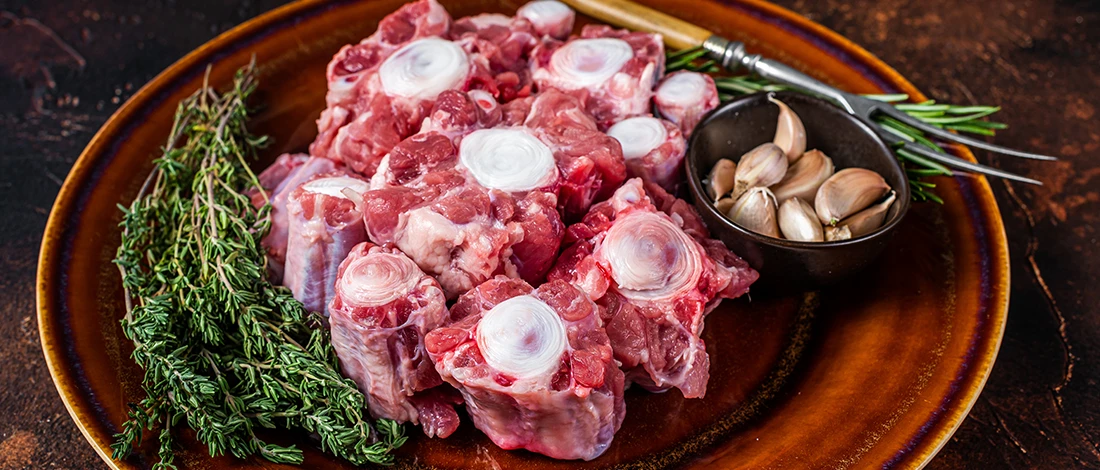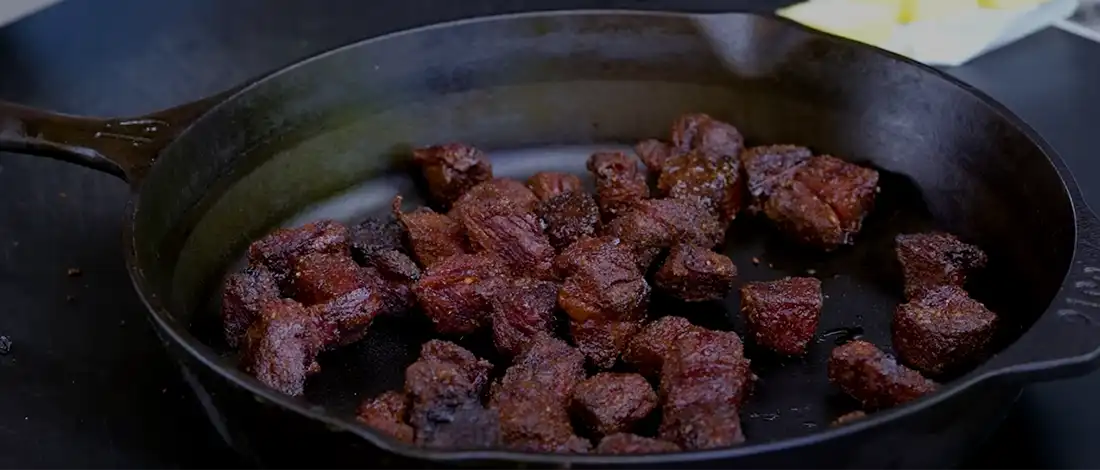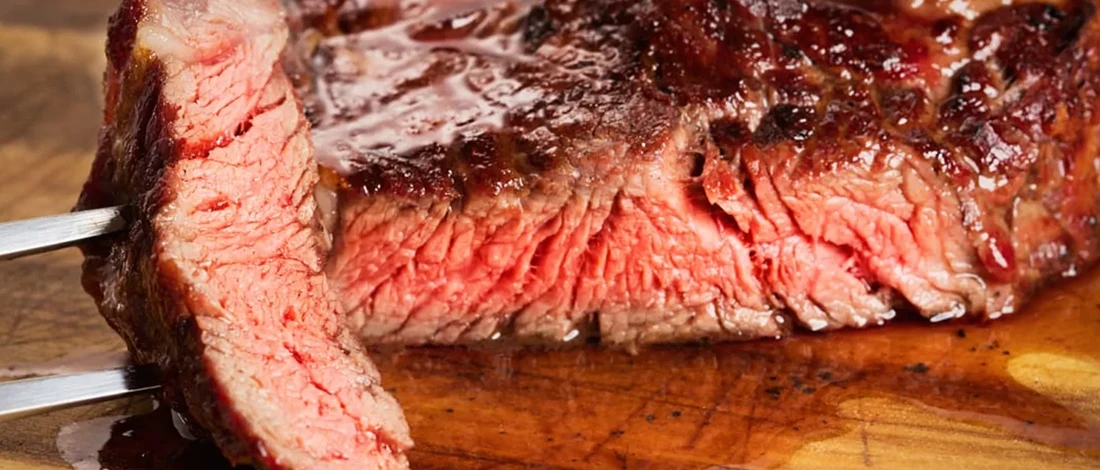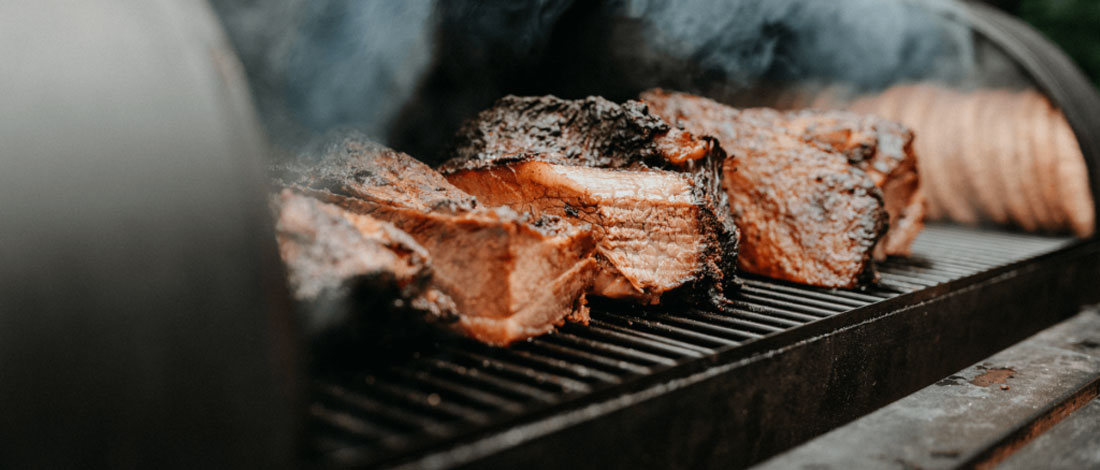I’ve been on a carnivore diet for over ten years and tried all kinds of cooking methods during this time.
I was a bit skeptical when I first heard about cooking meats with lemon juice, but after a while, I decided to give it a try.
I experimented with using lemon juice for cooking for several weeks and talked with a friend chef to get his advice.
If you’re looking for a reliable meat supplier, check our round-up of the 11 best online butchers.
Here’s everything you should know about cooking meat with lemon juice, including my tips and tricks.
Quick Summary
- Lemon juice, due to its acidity, can break down meat proteins, leading to more tender cuts, but it can't raise the meat's internal temperature like heat can.
- Using lemon juice in marinades can infuse meat with flavor and make it more tender. The marinade typically consists of acid, oil, and flavorings.
- Marinating time varies: beef and pork need about two hours, while poultry requires up to five hours.
How to Cook Meat With Lemon Juice?

You cook meat with lemon juice by denaturing it. When you cook meat using heat, for example, at a high smoke point, you denature the meat proteins.
Denaturation changes the structure of the meat proteins. Acid is a denaturant that affects the proteins the same way as heat.
“Denaturation, in biology, is a process of modifying the molecular structure of a protein.
Denaturation involves the breaking of many of the weak linkages, or bonds (e.g., hydrogen bonds), within a protein molecule that are responsible for the highly ordered structure of the protein in its natural (native) state.”
- Britannica
Lemon juice has mild acid, which isn’t strong enough to kill bacteria. Also, it only affects the parts of the meat it can reach.
For example, if you cook beef carpaccio, only the surface layer will be denatured.
Lemon acid can’t penetrate the interior of the meat enough to cook it as effectively as heat.
The scientific process behind using lemon juice for cooking is the same as cooking on high heat.
You can cook very thin slices with lemon, but cooking with lemon juice will generally give a different result than cooking using heat.
The meat will taste different and have a different color.
Most importantly, raw cuts and ground beef can give you food poisoning.
According to the FDA, meat is cooked when it reaches 145 degrees, but there’s no way to check the temperature in the lemon-cooking process because acid doesn’t raise the meat’s internal temperature [1].
However, you can use lemon juice marinade to induce denaturation.
Acids such as lemon, lime, and vinegar, break down raw meat so that the oil and spices from the marinade can infuse the meat with flavor and make it more tender.
Marinating Steak and Pork in Lemon Juice
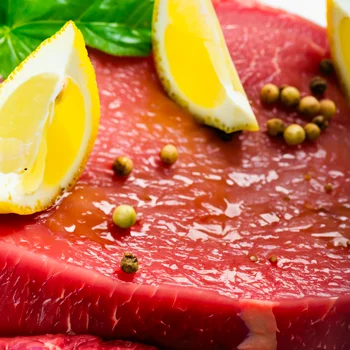
Each marinade has three main parts: acid, oil, and flavorings. The oil moistens the meat, the spices add flavor, and the acid breaks down the raw meat, which allows the oil and spices to do their job.
Lemon juice is a popular acid choice for marinades because it gives a citrus flavor. You should use about 1/4 cup of juice for a marinade.
You can go lower or higher than this, depending on the size of your cut and how strong you want the lemon taste to be.
Pro tip: Use herbs and spices that pair well with lemon, such as black pepper, parsley, and garlic.
Marinate beef and pork for about two hours for the best results. This gives the acid in the lemon enough time to break down the meat, so the marinade makes it tender.
In case you have a smaller meat cut, you can marinate for less than an hour, and if you have a big cut, such as a shoulder roast, you can marinate the meats for up to two days.
For example, if you have a big beef or pork cut, you can speed up the marinating process by cutting the meat into thin slices.
Marinating Chicken in Lemon Juice

If you want to marinate poultry in lemon juice, keep in mind it’s less dense than beef or pork.
That means it picks up flavor quicker, so you should marinate it for up to five hours. If you have a large cut, such as a whole chicken, you can marinate for longer, even up to two days.
Note: The longer you marinate chicken, the tougher and chewier it becomes.
Marinating Fish in Lemon Juice
Fish requires the shortest marinating time — about one hour.
Seafood has light density, and the acid in lemon can cook the fish if you leave it in the marinade for longer than an hour.
However, fish cooked in the marinade will have a raw taste and consistency.
Related Articles:
FAQs
What Does Lemon Juice Do to Meat?
Lemon juice tenderizes the meat. It does this by breaking the meat proteins.
What Is Cooking With Lemon Juice Called?
Cooking with lemon juice is called ceviche. This is mostly used for cooking seafood.
Does Lemon Juice Soften Meat?
Yes, lemon juice softens meat. The acid in lemon breaks down the proteins, which results in tender meat.
What Happens When You Cook Lemon Juice?
When you cook lemon juice, the juice reduces. The water evaporates, and you’re left with concentrated flavor.
Does Lemon Make the Meat Tough?
Yes, lemon can make the meat tough. This happens if you leave the meat in the lemon to marinate too long.
How Long Can You Leave the Meat in Lemon Juice?
How long you can leave the meat in lemon juice depends on the meat cut. Most meats should be in lemon juice for about two hours.
How Long Can You Marinate Meat in Lemon Juice?
You can marinate meat in lemon juice from one hour to up to two days. This depends on the meat cut and size.
What Happens if You Marinate the Steak in Lemon Juice?
If you marinate the steak in lemon juice, you will tenderize it.
References:
- https://www.fda.gov/food/people-risk-foodborne-illness/meat-poultry-seafood-food-safetyC).


